Sceptics doubt FIFA “clean-up” probe
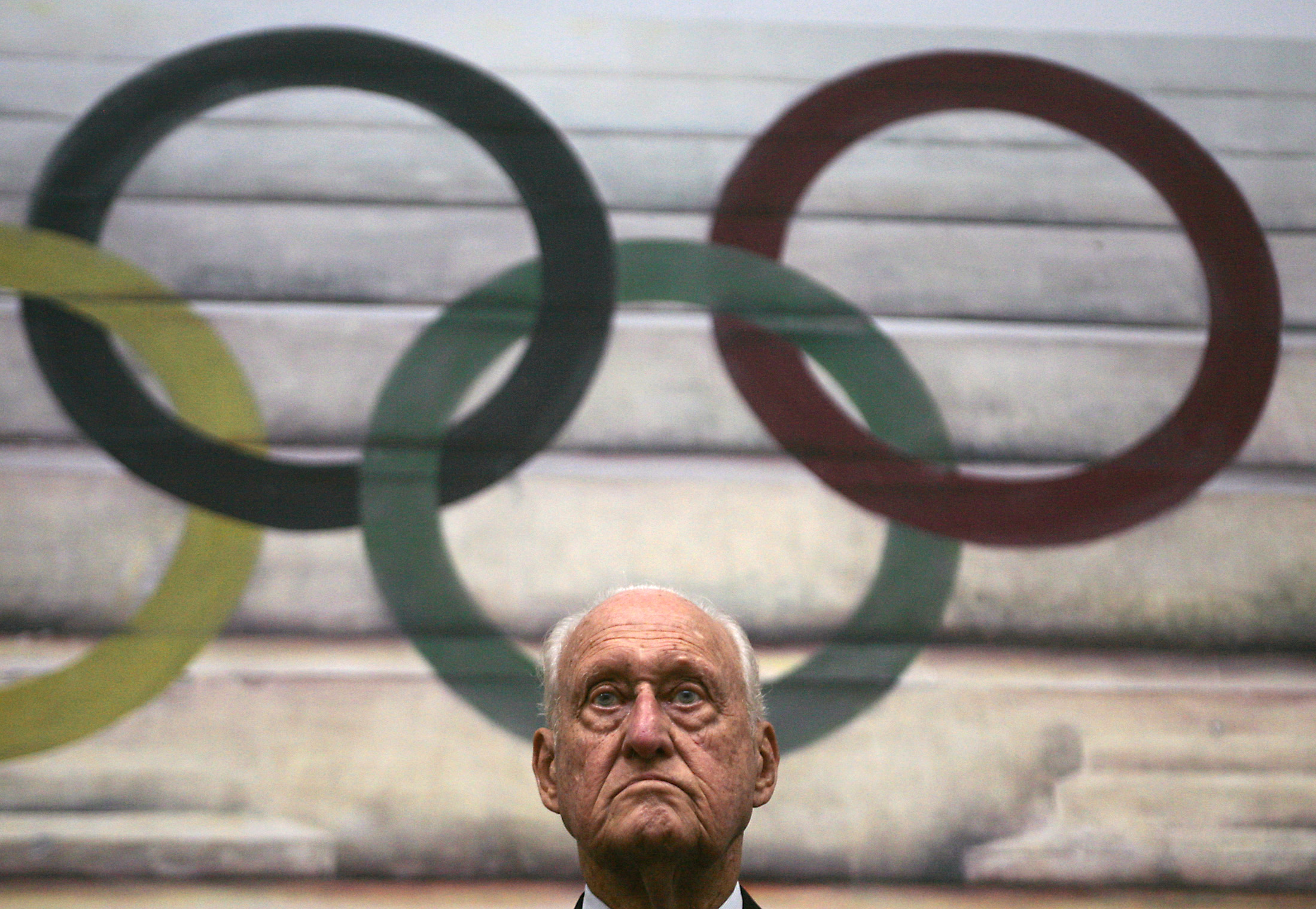
The appointment of two legal experts to investigate corruption allegations at FIFA has failed to totally convince sceptics that football’s world governing body will clean up its act.
United States lawyer Michael Garcia and German judge Joachim Eckert were named as chairmen of the two chambers of FIFA’s ethics committee on Tuesday. As its first independent lead prosecutor, Garcia will probe long-standing claims of bribery within the Swiss-based sporting body.
The nominations, which were proposed along with other candidates’ names by the Independent Governance Committee headed by Swiss anti-corruption expert Mark Pieth, were approved by FIFA’s executive committee.
Swiss parliamentarian Roland Büchel, of the People’s Party and a long-standing critic of FIFA, told swissinfo.ch that the sporting body is in the last chance saloon.
“FIFA must clean up its act by the end of this year or we will be forced to ask whether such a multi-billion dollar industry should still have sporting association status or receive tax privileges,” he said.
“Up until now FIFA has just been trying to buy time, but we will not accept this anymore. [FIFA president Sepp] Blatter has been kicking out his enemies, but the time has come to start kicking out some of his friends.”
Pieth told the Tages Azeiger newspaper after Tuesday’s decision that a first step had been taken, but that there was plenty more to be done, including dealing with issues concerning conflicts of interest and improving transparency at the top of FIFA. By his own estimate, concrete results won’t be visible before the 2013 FIFA congress.
Corruption revelations
Last week it emerged that former FIFA president Joao Havelange and his son-in-law Ricardo Teixeira – who used to head the Brazilian football association – had received millions of dollars in kickbacks in the late 1990s.
Their names came to light after the Swiss Supreme Court ruled that documents relating to a 2008 trial into the collapse of former sports marketing firm ISMM-ISL should be made public.
Current president Blatter then revealed that he had known about the bribes but had done nothing to act because they were not illegal under Swiss law.
“Back then, such payments could even be deducted from tax as a business expense. Today, that would be punishable under law,” he said on the FIFA website last week. “You can’t judge the past on the basis of today’s standards. Otherwise it would end up with moral justice.”
Blatter also suggested that Germany’s successful 2006 World Cup bid may have involved bribes in an interview with the Swiss Sunday newspaper Blick am Sonntag. But he later said his comments had been misinterpreted.
According to Pieth, the kickbacks scandal certainly prompted dissenters within the FIFA executive to finally move forward with the reforms he had proposed. “I think it became clear that a refusal to set up an ethics committee would have seriously damaged FIFA’s reputation,” he said.
Rolling heads
FIFA’s reputation has also been dragged through the mud with a host of other corruption allegations relating to the 2018 and 2022 World Cup bids and the re-election of Blatter as president last summer.
Several officials have been suspended in the last 18 months, including Asian Football Confederation President Mohamed bin Hammam – Blatter’s only rival in last year’s Fifa presidential elections. FIFA vice-president Jack Warner stepped down from his role before an investigation into corruption could be completed.
The scandals also scarred Switzerland’s reputation as the host country to the Zurich-based FIFA. The federal sports ministry will release a report into the role of sporting associations based in Switzerland later this year.
Switzerland has bent over backwards to attract such prestigious international bodies, granting tax breaks and exempting them from legislation governing corporate corruption.
“Pirate harbour”
But Swiss politicians have questioned Switzerland’s soft touch towards sporting bodies, with parliament due to debate whether they should continue to be exempt from corporate corruption laws.
Pieth, who produced a report into FIFA’s governance last year, has long challenged Switzerland’s policies towards international organisations.
“Switzerland is a chronic harbour for pirates,” he told Sunday’s SonntagsZeitung newspaper. “Whether it be tax evaders, commodities traders or unregulated sports associations. All of this badly damages Switzerland’s reputation.”
Pressure is also being brought to bear on FIFA by several of its member associations, most notably Germany and England, and from sponsors to clean up its act.
Football’s world governing body has been dogged by allegations of corruption for many years.
In 2008 a judicial case in Zug implicated unnamed Fifa officials in a multi-million dollar kickback scandal involving bankrupt sport marketing firm ISMM-ISL. The identities of the officials were withheld following a financial settlement of the case.
In 2010, the heads of the Nigerian and Oceanic football confederations were suspended along with other Fifa officials following claims of bribery during the vote to award the 2018 and 2022 World Cup tournaments to Russia and Qatar.
Sepp Blatter, a Swiss, was re-elected for a fourth term as Fifa president in June 2011. His rival Mohamed bin Hammam was later banned for life after being found guilty of bribery. Jack Warner, a Fifa vice-president who also faced allegations of corruption, resigned.
In October 2011, Fifa announced the formation of four task forces to look at the revision of statutes, ethics, transparency and compliance and the running of the next World Cup in 2014.
In December 2011, Mark Pieth, chairman of Fifa’s Independant Governance Committee, recommended measures to clean up Fifa.
Although Pieth’s report only covered the future management of Fifa, Blatter promised in March of this year to empower the organisation’s ethics committee to look into all “credible” allegations of past corruption.
On July 12, 2012, the Swiss federal court ordered the release of documents containing the names of former Fifa officials who had taken bribes. Former Fifa president Joao Havelange and the former head of Brazilian football Ricardo Teixeira were named in the document.
Fifa’s ethics committee – set up in 2006 to look into media allegations of corruption surrounding the sport – was earlier this year split into two chambers. Michael Garcia and Joachim Eckert were appointed on July 17 to chair each chamber.

In compliance with the JTI standards
More: SWI swissinfo.ch certified by the Journalism Trust Initiative

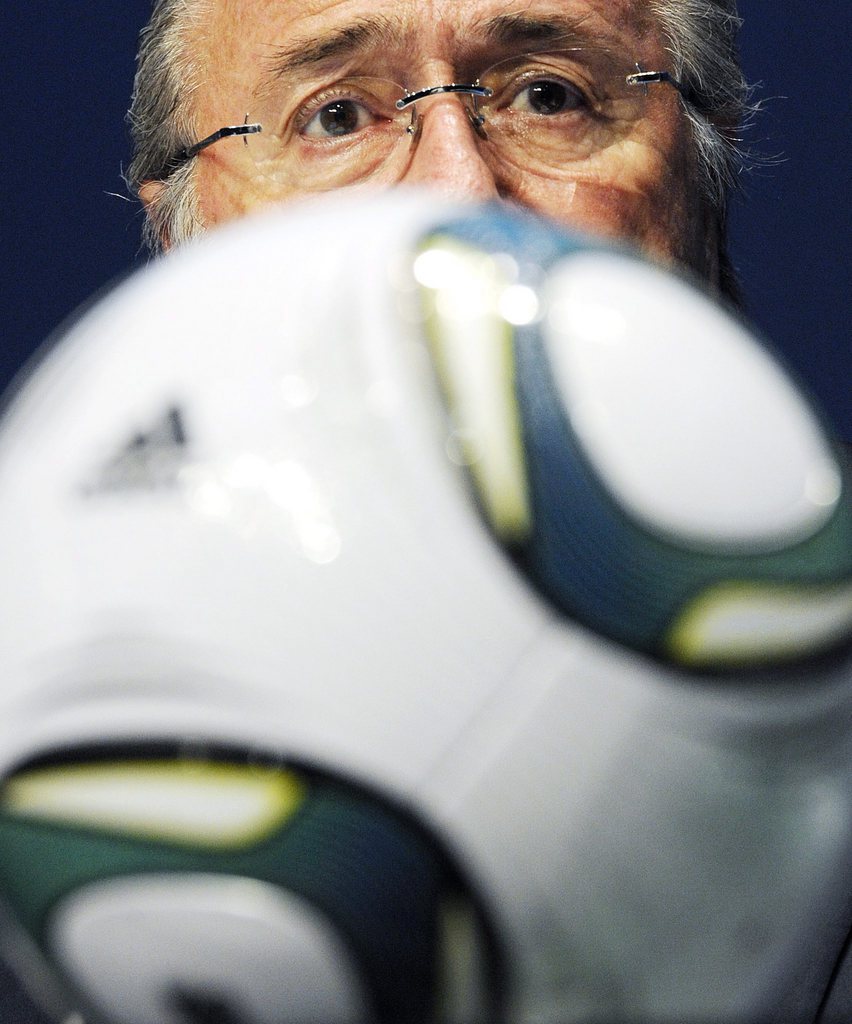
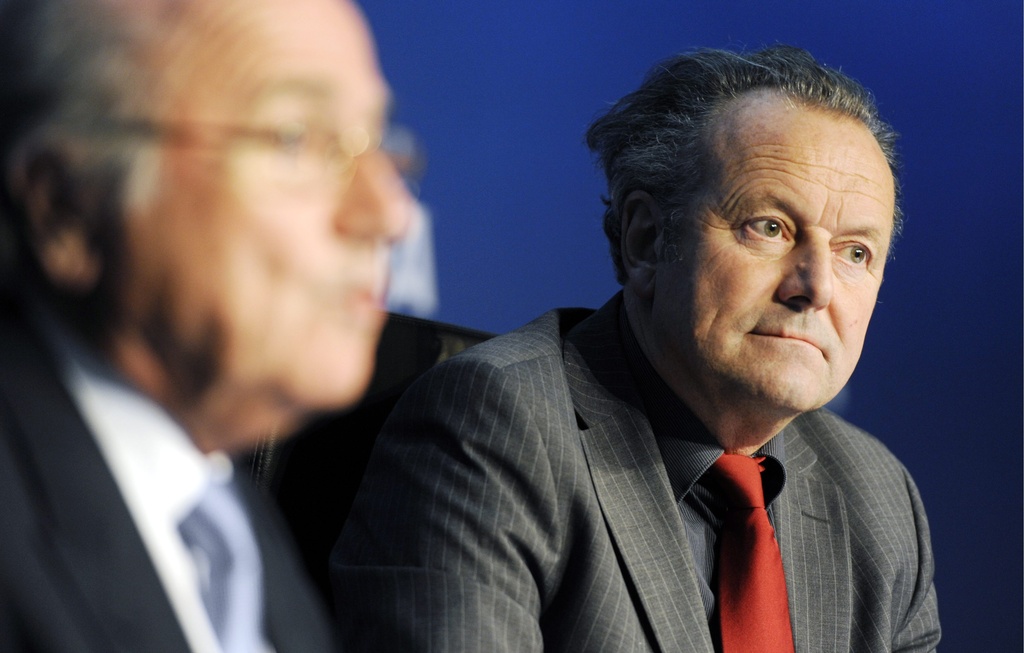
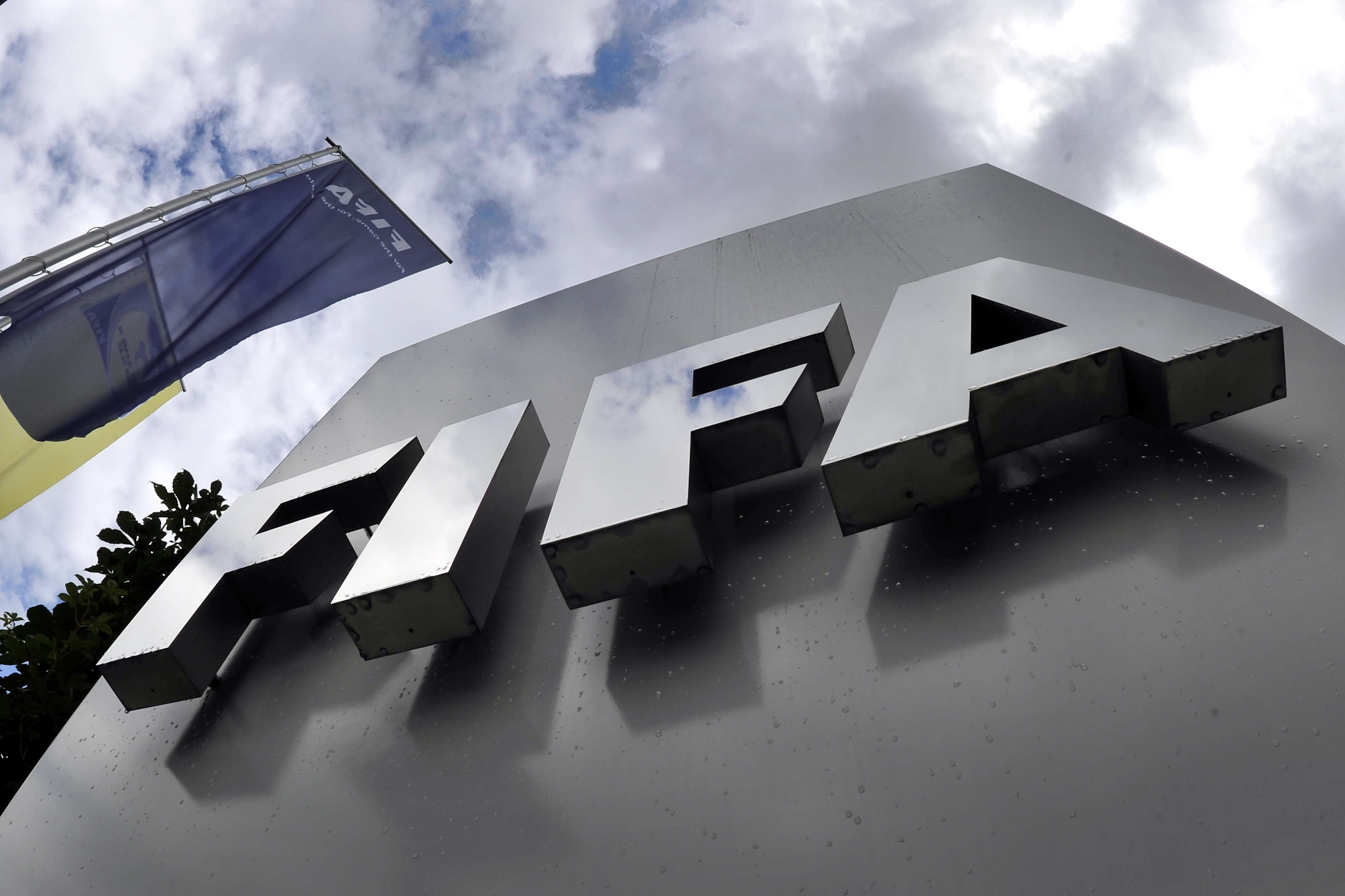
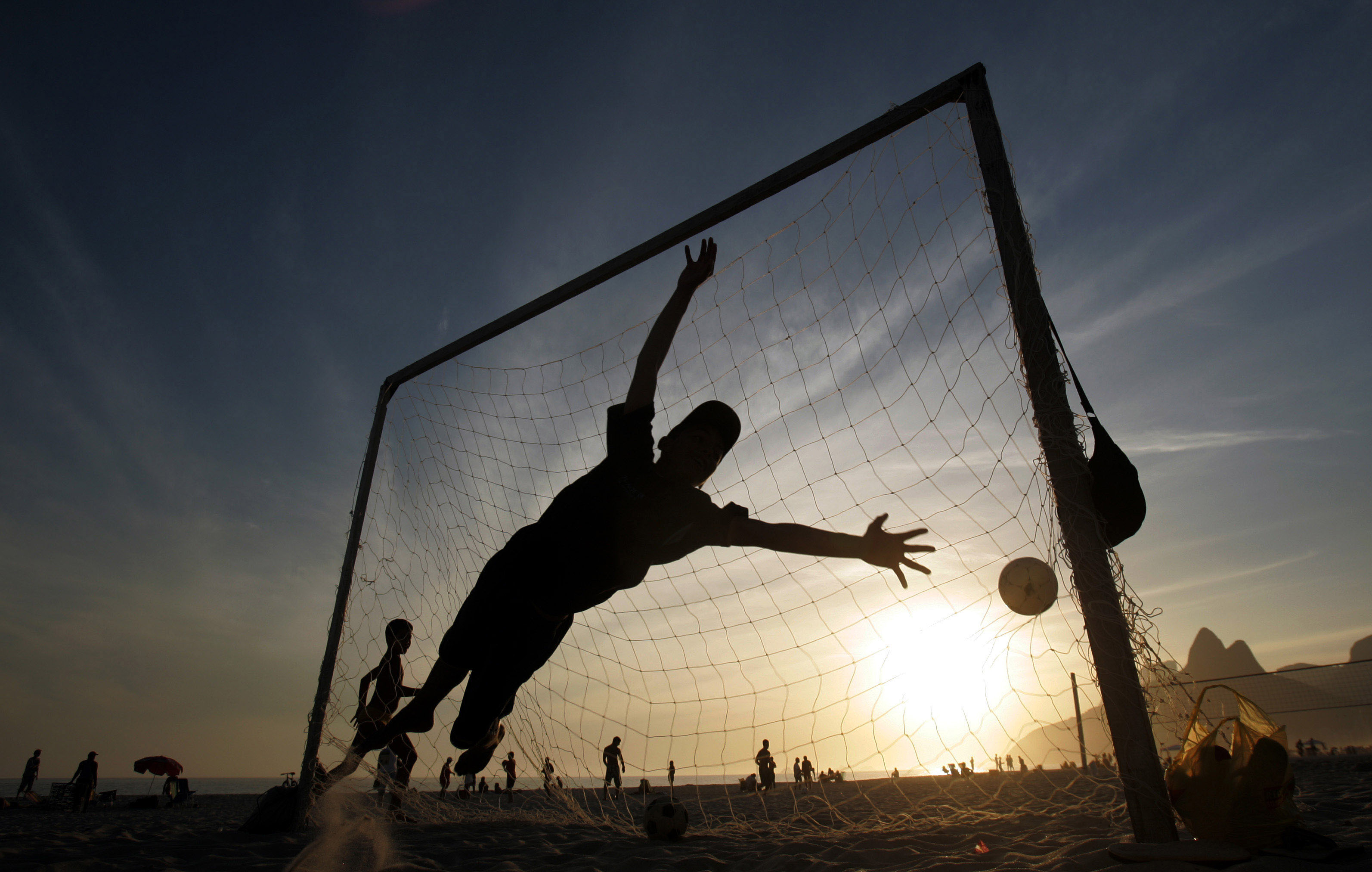
You can find an overview of ongoing debates with our journalists here. Please join us!
If you want to start a conversation about a topic raised in this article or want to report factual errors, email us at english@swissinfo.ch.